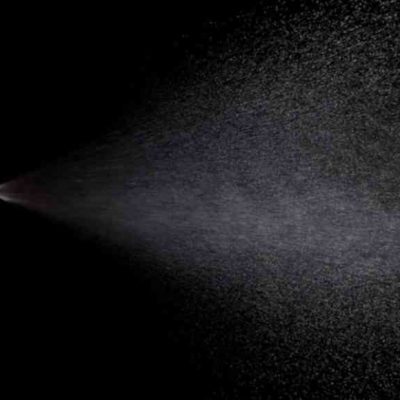Nitrate, an active molecule found in beetroot, has been found to significantly increase maximum muscle strength during fitness training. A study conducted by the University of Exeter in England aimed to explore the underlying processes of nitrate and its conversion into usable nitric oxide for cells. The researchers examined the distribution of nitrate in saliva, blood, muscle tissue, and urine of ten healthy participants after they consumed nitrate. The study found that the nitrate content in the muscle significantly increased after an hour of consumption, leading to a seven percent increase in muscle strength during exercise compared to the placebo group.
Previous studies have shown that nitrate can improve endurance and performance during physical activity. However, the underlying processes and conversion of nitrate into usable nitric oxide have not been extensively researched. The University of Exeter study used a tracer to determine where the nitrate was active and found that nitrate levels in the muscle were crucial for athletic performance, likely acting as a source of nitric oxide. The study’s lead researcher, Andy Jones, stated that this research provides the best evidence yet for the mechanisms behind nitrate’s performance-enhancing properties.
The study’s findings have significant implications not only for the field of sports science but also for the treatment of neuromuscular and metabolic diseases associated with a lack of nitric oxide. The lead author of the study, Barbora Piknova, stated that the research provides the first direct evidence that nitrate levels in the muscle are essential for athletic performance. The study’s use of a tracer allowed for a more precise determination of where the nitrate was active, leading to new insights into how nitrate contributes to improving athletic performance.
In conclusion, the University of Exeter study provides new evidence for the performance-enhancing properties of nitrate and its conversion into usable nitric oxide for cells. The study’s findings have significant implications for the field of sports science and the treatment of neuromuscular and metabolic diseases associated with a lack of nitric oxide.










